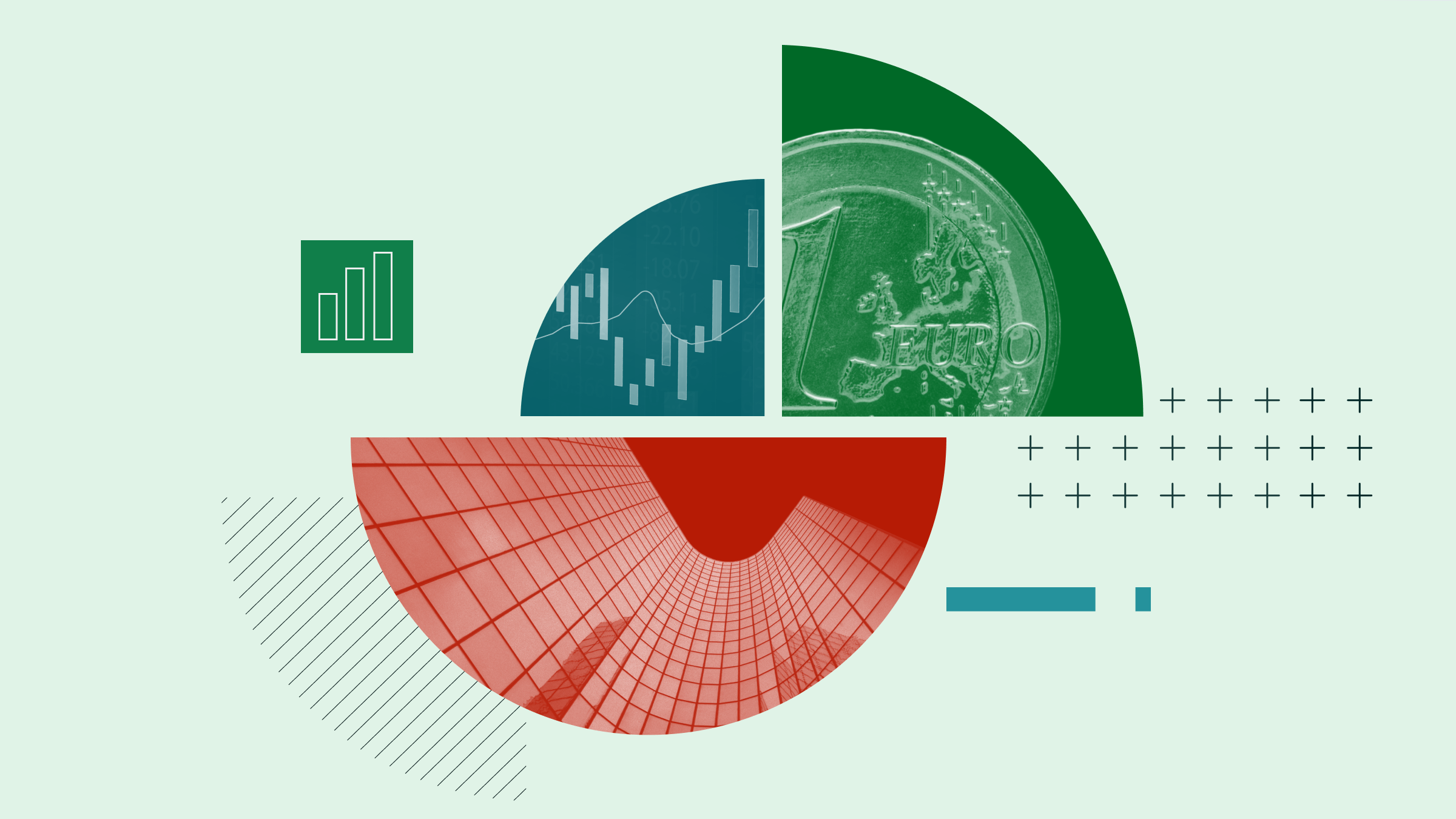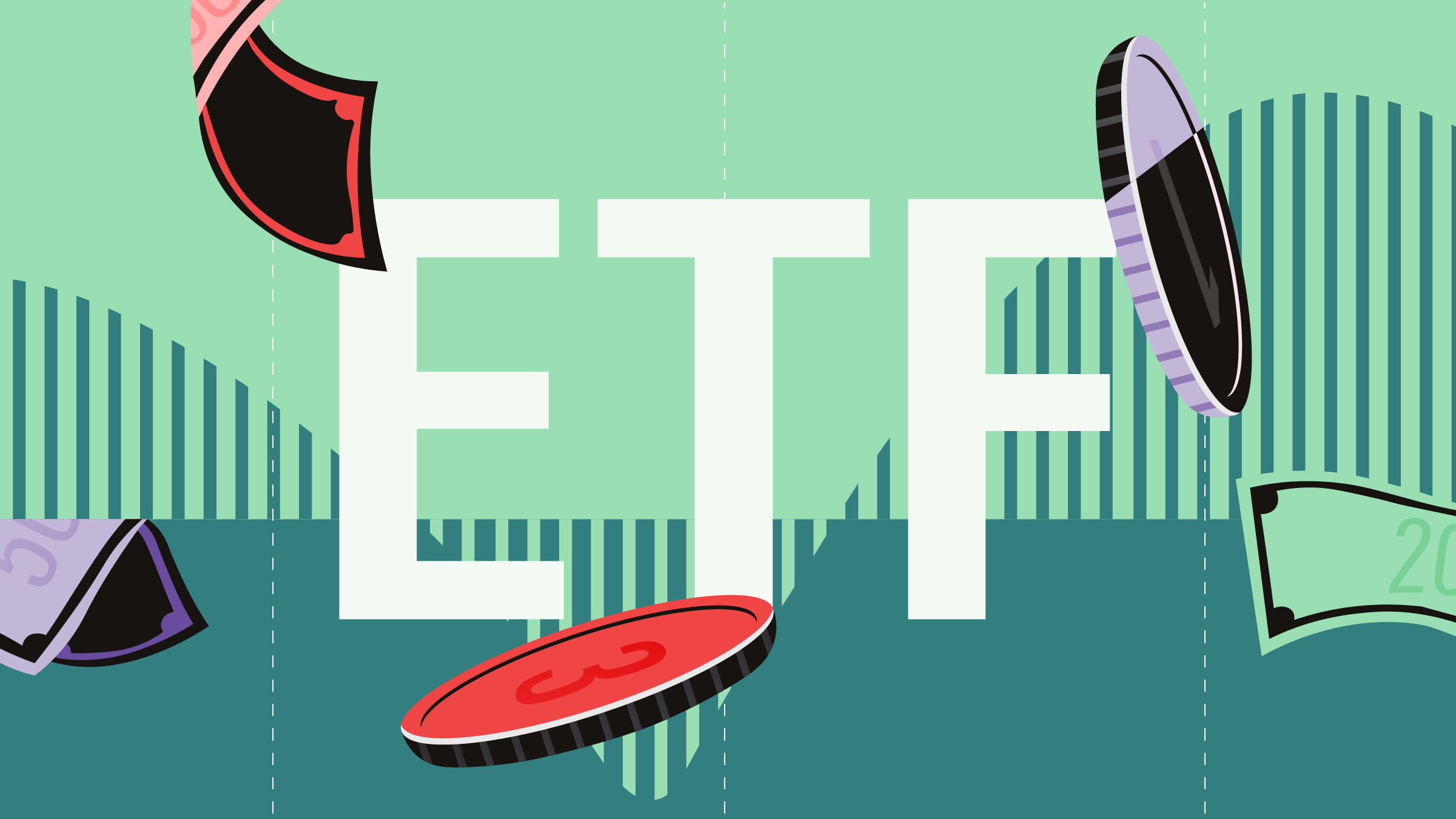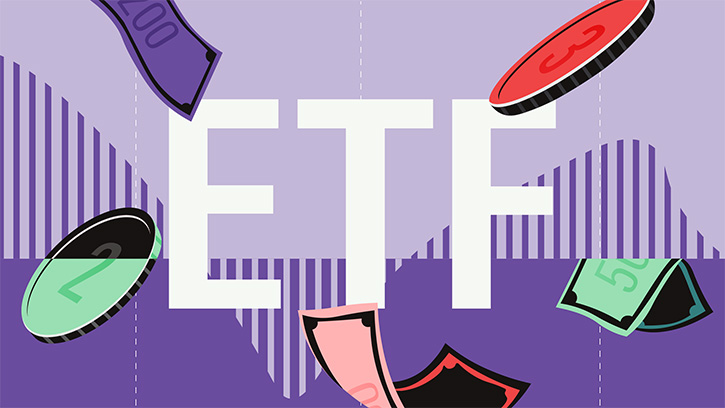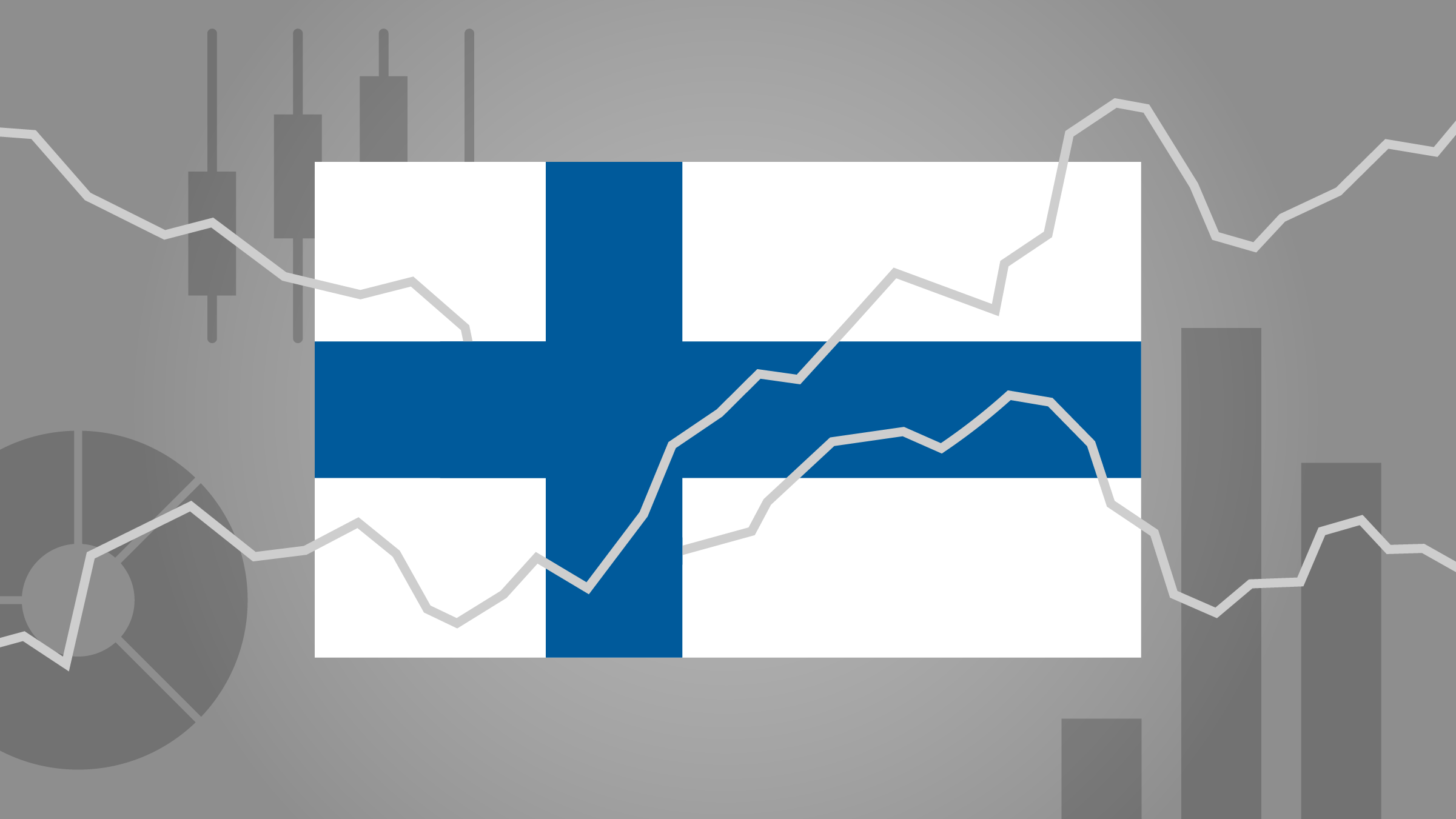Emma Wall: Hello, and welcome to the Morningstar series 'Ask the Expert'. I'm Emma Wall, and I'm joined today by Morningstar's Jose Garcia Zarate to talk about ETF flows.
Hello, Jose.
Jose Garcia Zarate: Hello.
Wall: So, it has been a record six months, the first half of 2017 for ETF fund flows, hasn't it?
Garcia Zarate: It has. Actually, we've got close to €58 billion in net inflows. When you compare it to the record high year for ETFs, which was 2015, for the whole year we were basically totaling up about €70 billion. So, I mean, it would need basically things to get really badly in the second half of the year for 2017 not to be a new record year for the European ETF industry and the ETF industry in general, because we know that in the United States, they're really flying.
Wall: And they are doing better in terms of inflows and a lot of active funds as well, aren't they?
Garcia Zarate: Yes. I think, as I said, I'm not sure whether there is cross-pollination from what is happening in the U.S., which is a bit of a revolution, quite frankly. But, you know, all these messages about the low-cost investing, the flexibility of the vehicle are slowly but surely getting through to the European investor base, which is great news.
Wall: Let's have a look at where this record money is going then. What ETFs are European investors buying?
Garcia Zarate: Well, mostly equity this year. This year is a return of equity. Last year was the year of fixed income because of all the risks surrounding the global economy. This year is more the year of equity. Interestingly, we've seen different patterns between Q1 and Q2. For example, in the U.S., Q1 was the period, where there are a lot of people were willing to put money into the Trump trade, let's hope for good things for the United States.
Q2 we've seen outflows on U.S. equity EFTs, which is interesting. I just wonder whether investors are perhaps losing patience or taking some risk mitigation positions for what they see as inactivity or potential paralysis in – well, at the Trump administration. We'll have to wait and see, but most of that money has actually gone into U.S. fixed income, which is the classic risk aversion trade. Eurozone equity is doing very well as well.
U.K. equity is suffering because of Brexit, but it's mostly equity. Emerging markets as well doing very, very, very well. I think the dollar weakening against most major currencies, particularly in Q2 has helped emerging markets a lot.
Wall: Let's have a look at that European base though, because I know there are some country differences within that sort of European equity ETF space. Which countries are being favored by ETF investors?
Garcia Zarate: Well, this is quite interesting, because this is the unsung story of the year, of perhaps more than this year, even last year that the Eurozone economy is actually doing very well, you know, and that's actually quite surprising, because when you read the media, you'll still hear all the Eurozone economy is in the doldrums. Actually, it's doing very well. Thank you very much.
So, what we've seen, interestingly, is outflows for ETFs provide an exposure to the German equity market. Now, this is – I don't think it's related to the fact that the German economy is doing badly at all, because we know it's actually doing very well. I think, it's – again, it's risk reversion; basically, investors saying, okay, all the risks surrounding the eurozone economy, particularly political have gone out of the equation.
Wall: Things like the French election going well. That risk has abated.
Garcia Zarate: Dutch election, the rise of populist policies, et cetera. Also, I don't know, but perhaps they're seeing that the risk for the European Union further disintegrated because peer pressure or some countries following the example of the U.K. has pretty much dissipated. And the investors are seeing opportunities in economists – national economists other than Germany. So, you see that the Eurozone as a whole is doing very well, but money is actually coming out of German-only equity ETFs at the moment.
Wall: And then quickly, on emerging markets, because we are running an Emerging Markets Week this week. Is it the equity ETFs that are doing well? Or is it into emerging market debt that we are seeing inflows?
Garcia Zarate: I think it's both. It is both. You can see on the equity side, I think, obviously, because the economies are actually doing pretty well, and also, because the dollar is weakening against major currencies and that actually helps the emerging market story. On the fixed income side, there is still the overriding search for yield. And if you want yield and the emerging markets are the obvious place to go.
Wall: Jose, thank you very much.
Garcia Zarate: You're welcome.
Wall: This is Emma Wall for Morningstar. Thank you for watching.





















